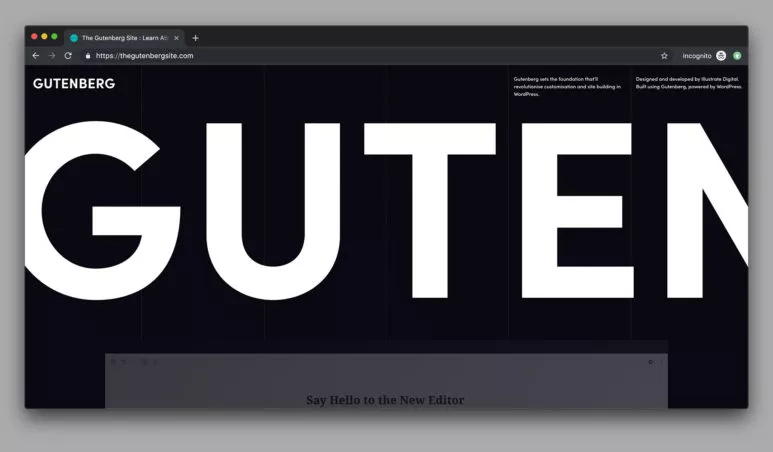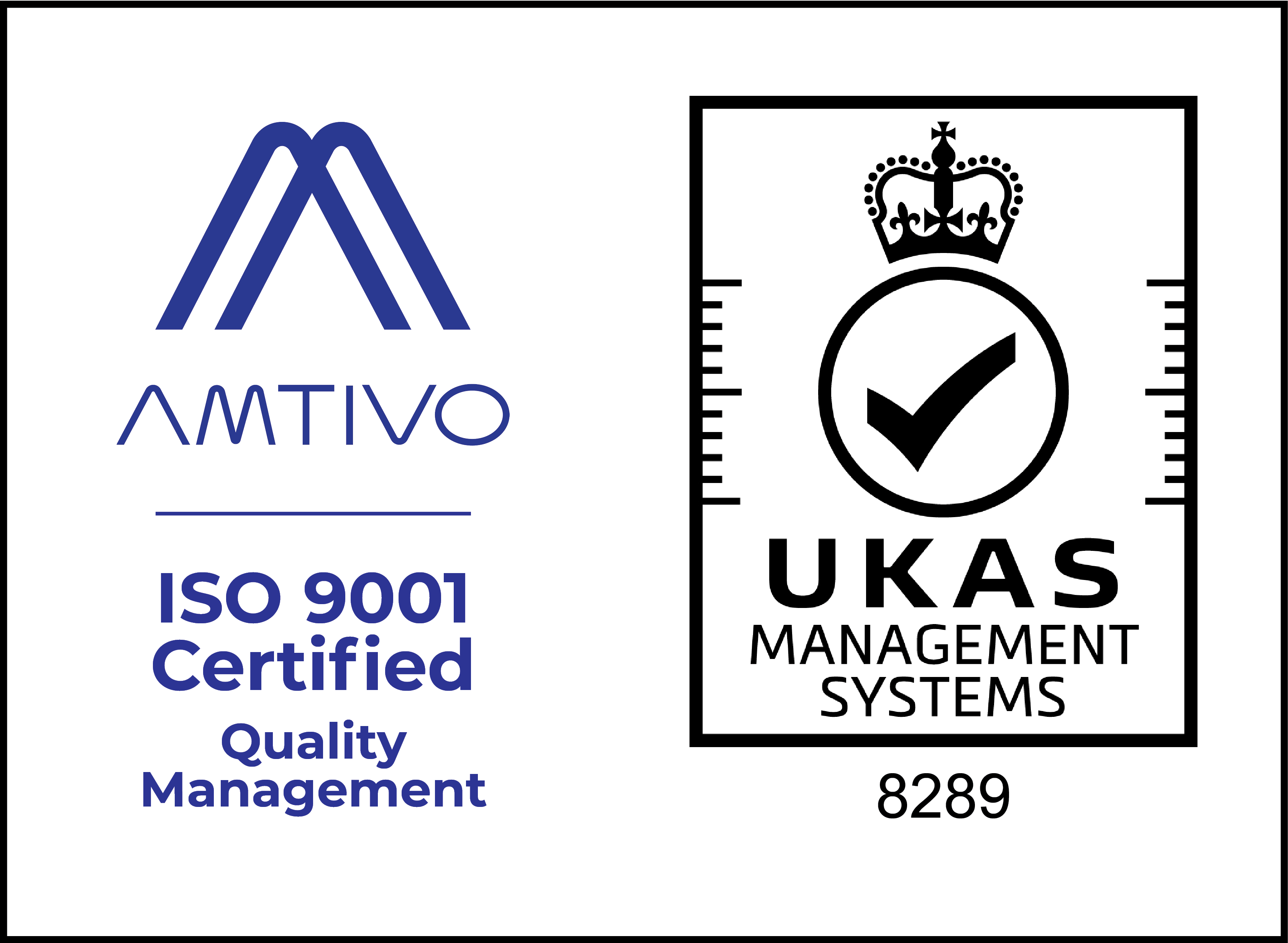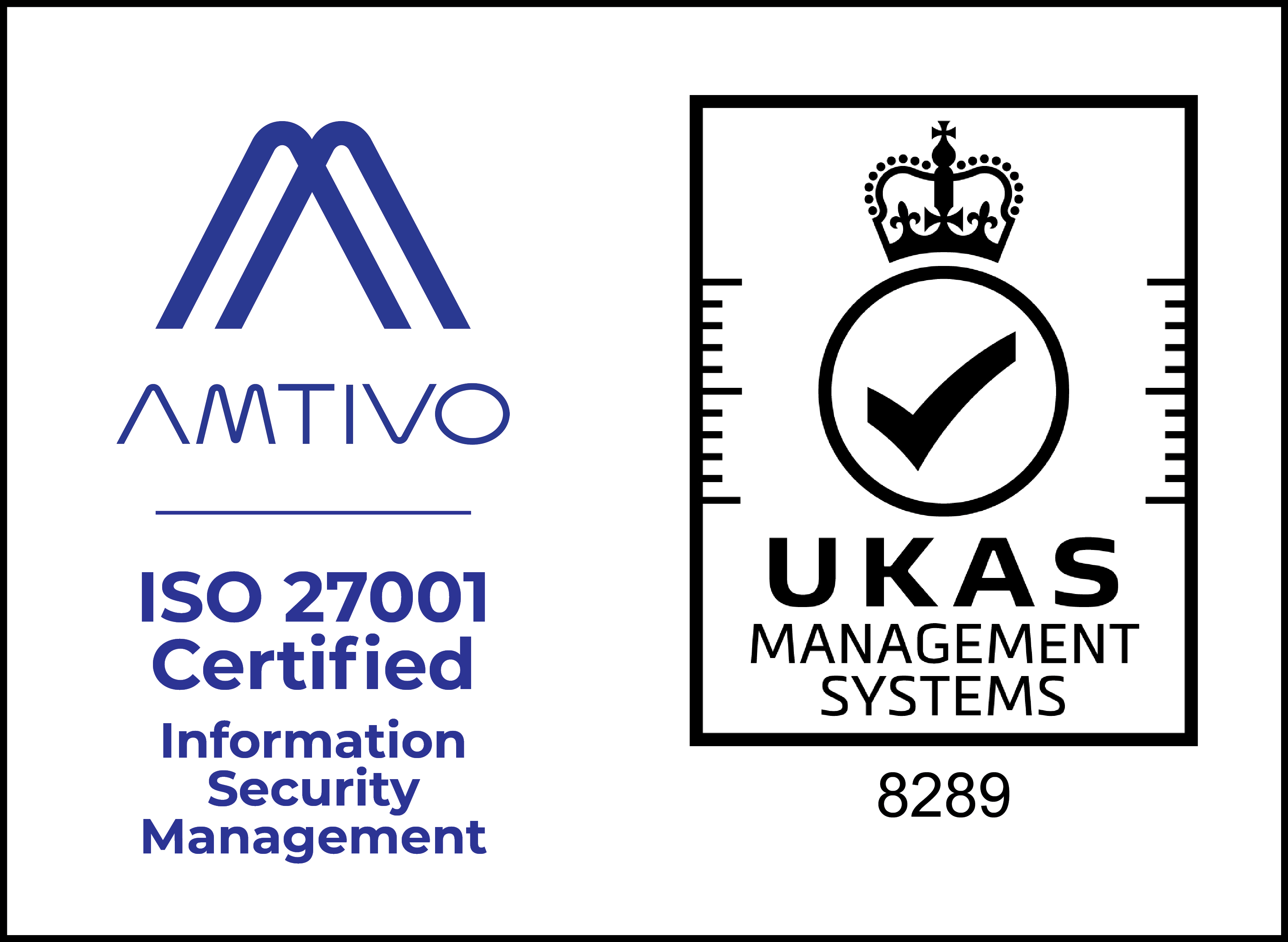What’s happenin’?
This month our Founder and Managing Director, Scott, is featured in the industry-leading Net Magazine.
The magazine focuses on all things web, UX and best practice for the mammoth industry that is the internet.
We were approached in August to feature in the ‘Voices’ section of the magazine, where industry leaders provide their insights and opinions on a range of topics.
What’s the content?
Scott chose the subject of content management, bringing his expertise in WordPress and his keen eye for marketing together in a brief history of agency interactions and content editing on websites.
There used to be a time when websites creation and growth was almost totally in the hands of the digital agency. Most of us have moved on from these times but some brands still expect this and some agencies still see it as a viable business model. Scott doesn’t carry this same opinion though and places emphasis on a marketer’s ability to create and update their own content. Website management shouldn’t be reserved for secretive, specialist roles, it should be made available to all website owners. It’s the difference between a brand’s growth being held ransom and a brand being given freedom of content management.
In recent times the WordPress platform, alongside its new Gutenberg content editor, has provided key innovation to allow this freedom and flexibility to be a reality. Developers are no longer glorified uploaders of content, they get to work on the exciting and evolutionary work that helps a brand to grow through new features and better experiences.
The WordPress content management journey.
WordPress has been on its own journey of providing a useful content management experience to its site owners and editors, which Scott talks about in his article.
For many years it was a simple platform that allowed users to create a site, write a blog, create some pages and put together some custom HTML to help make those pages look better. In recent years it’s benefitted from third party tech like ACF or CMB2 allowing developers to create custom fields through which site owners can build and change pages. These technologies alone went through a transition from static content to pages that could be created with much more flexibility.
And now we benefit from Gutenberg, a leap into the here and now for WordPress, an upgrade to the core software that uses ‘blocks’ to help users create sections of pages and posts with greater freedom.
Content management has come a long way. WordPress remains the centre of this as the industry leader with a market share of over 80%. A platform that we’re proud to support and a journey that we’re excited to continue. One very much worth writing about.
More about WordPress and good content management.
If you’re keen to explore more and find out how WordPress can aid your business and help your marketing to be more efficient, we’ve got a couple of resources that you may find helpful…
The Gutenberg Site
Earlier this year we created thegutenbergsite.com, a resource to show off what Gutenberg can do. From a front-end perspective a site built with Gutenberg doesn’t have to be boring just because it takes a ‘blocks’ approach. It also serves as a useful tool to inform you about what the editor is and how it can be used in your business.
Why WordPress
The Why WordPress page on our website serves some helpful stats and info for those who may not know much about the platform. If you’re new to WordPress or considering how it may benefit you then we hope you find the details on this page useful as a starting point.
Our team!
Of course the very best resource on offer for WordPress is our great team of UX Designers and Developers, ready to help consult, design and build brilliant websites, software and functionality.
If you’d like to find out more about the services we have on offer and how we can make an impact to your brand, head on over to the Services or About Us pages of our site to find out more.













